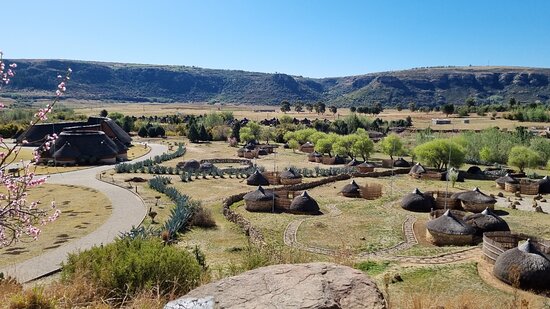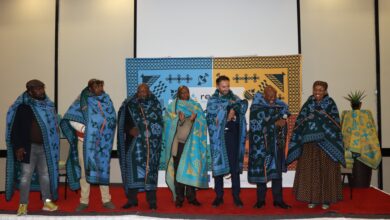Tourism Sector Welcomes Government’s Plan to Nominate Heritage Route

With tourism regarded as a key pillar of Lesotho’s economy, industry stakeholders have applauded the government’s commitment to working towards the nomination of the Heritage Route from Botha-Bothe to Thaba-Bosiu. This initiative was announced by the Minister of Finance and Development Planning, Dr. Rets’elisitsoe Matlanyane, during the presentation of the 2025/26 fiscal budget.
The tourism sector has been allocated M207.2 million, signaling the government’s recognition of its potential to drive economic growth and cultural preservation. In her remarks, Dr. Matlanyane emphasized that efforts will be made to develop two nomination dossiers—Basotho Hat and Mokhibo (a traditional Basotho dance)—for inclusion in the UNESCO 2003 Convention for the Safeguarding of Intangible Cultural Heritage Representative List.
A Boost for Cultural and Heritage Tourism
Tourism experts believe that the proposed Heritage Route from Botha-Bothe to Thaba-Bosiu will not only attract more visitors but also strengthen historical and cultural tourism. The route encompasses significant historical sites that highlight Lesotho’s rich heritage, including Botha-Bothe’s caves, which once sheltered King Moshoeshoe I, and Thaba-Bosiu, the historical mountain fortress where the Basotho nation was founded.
Local tourism operators have welcomed this initiative, stating that it will create job opportunities, enhance community development, and preserve the country’s cultural legacy.
“This is an excellent step towards promoting Lesotho as a historical and cultural destination. Many tourists are drawn to heritage sites, and the recognition of this route could boost visitor numbers significantly,” said tourism entrepreneur, Mr. Matšeliso Mofoka.
Economic and Social Impact
The government’s investment in tourism is expected to yield positive economic returns, particularly by stimulating small businesses, local artisans, and tour guides along the heritage route. Additionally, the focus on Basotho Hat and Mokhibo for UNESCO recognition is anticipated to enhance international visibility and appreciation of Basotho traditions.
Cultural heritage expert, Mrs. Lineo Ntlhoki, emphasized the importance of protecting intangible heritage.
“Basotho Hat is an iconic symbol of our identity, and Mokhibo is a dance that embodies our traditions. Securing UNESCO recognition will ensure these cultural elements are preserved for future generations while also promoting them on a global scale,” she said.
A Call for Effective Implementation
While stakeholders have praised the government’s vision, they also urge authorities to ensure that the plans are effectively implemented. Some industry players have raised concerns about previous tourism projects that stalled due to insufficient funding and poor execution.
“The budget allocation is a step in the right direction, but we need clear timelines and proper management to ensure the success of these initiatives,” said tour operator, Mr. Thabo Ts’osane.
With the government’s renewed focus on tourism, the successful nomination of the Heritage Route and cultural elements to UNESCO’s heritage list could position Lesotho as a prime cultural tourism destination, benefiting both local communities and the national economy.
Join 'Lesotho News' WhatsApp Channel
Get breaking Lesotho news — delivered directly to your WhatsApp.
CLICK HERE TO JOIN



